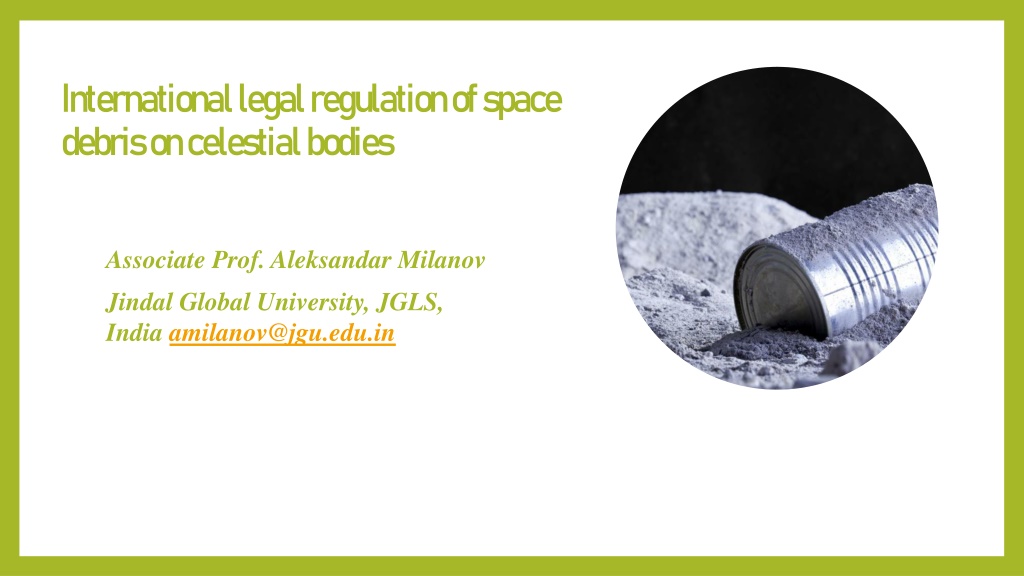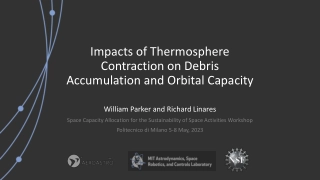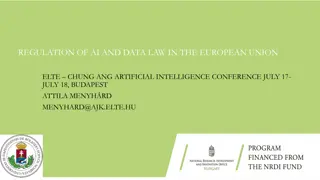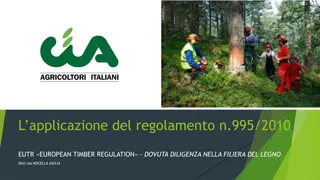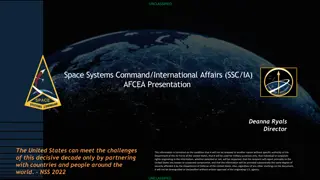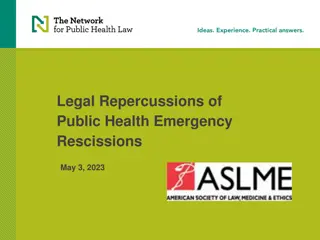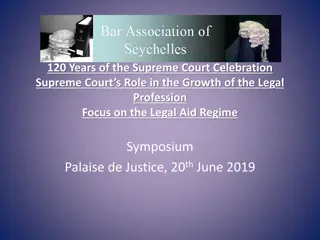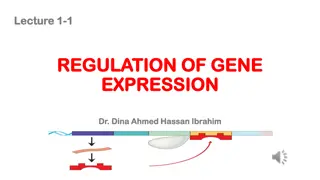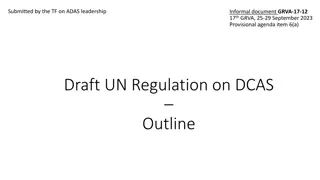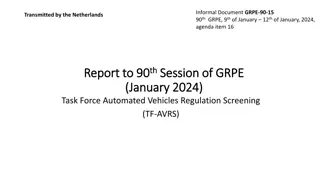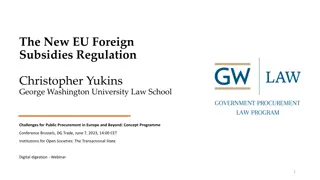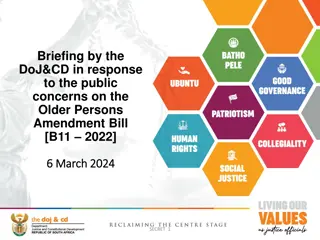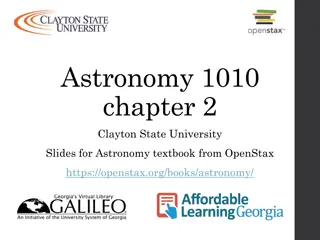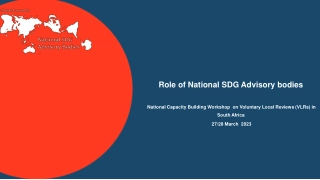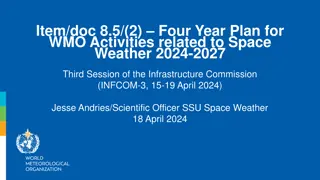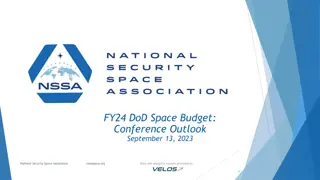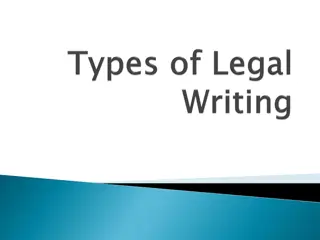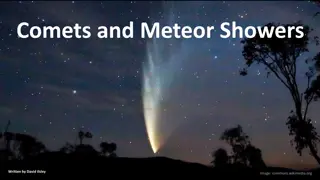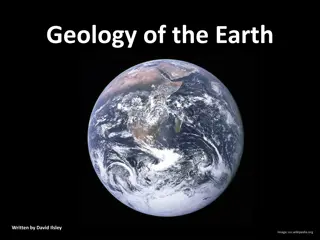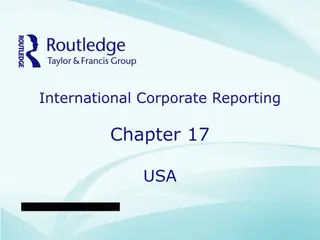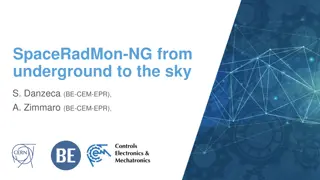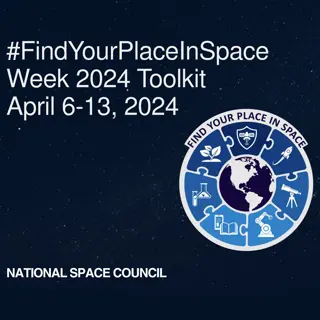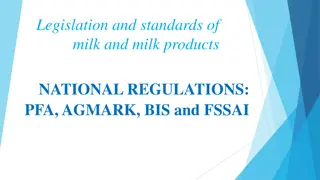International Legal Regulation of Space Debris and Celestial Bodies Concerns
Space debris on celestial bodies poses environmental risks and challenges in the context of economic resource exploitation. The Artemis Accords and the debate over space resource appropriation raise important legal and environmental issues that require international regulation to prevent degradation and conflicts.
Download Presentation
Please find below an Image/Link to download the presentation.
The content on the website is provided AS IS for your information and personal use only. It may not be sold, licensed, or shared on other websites without obtaining consent from the author. Download presentation by click this link. If you encounter any issues during the download, it is possible that the publisher has removed the file from their server.
Presentation Transcript
International legal regulation of space debris on celestial bodies Associate Prof. Aleksandar Milanov Jindal Global University, JGLS, India amilanov@jgu.edu.in
Space debris on celestial bodies is becoming a concern The main focus of space debris regulation on national and international level is with respect to orbital debris of Earth Presently there are hundreds of tons of intentionally released debris on the Moon, Mars and other celestial bodies. The creation of camps, temporary basis and other facilities on the Moon and Mars could lead to environmental degradation and violation of the interests of other states, if there is no international legal regulation
Economic resources on celestial bodies are extremely valuable and the environment is not a priority Abundance of resources that are obtainable in less than 3 years - Helium 3 very efficient and clean fuel, accessible on the Moon - Priceless materials from asteroids The rules of space colonization and management of space resources are decided NOW Non-orbital space debris on celestial bodies should be regulated in a common international framework
Artemis Accords The outer space coalition of the willing The NASA plan to start mining on the Moon from 2024 The Biden Administration supports the Artemis Program and US Space Force
Artemis Accords The outer space coalition of the willing The understanding of the US government is that article II of the Outer Space Treaty permits appropriation of space resources and complete rejection of the Moon Agreement and objection to its capacity to reflect international legal custom. The result will be devastating for the outer space environment.
Leading private space actors are considering to move the polluting industry from Earth to outer space The idea of transferring dangerous polluting industries from Earth to outer space and specific celestial bodies is dangerous and reckless.
NASA Moon bombing LCROSS mission should not be repeated The purpose of the mission was to determine whether there is water on the Moon crater Cabeus. The project was conducted by crashing a satellite in the crater and performing a spectral analysis of the debris after that. Intentional collisions of satellites and deliberate explosions could jeopardize the further study and use of a particular area on a celestial body for the future generations.
Shift of the paradigm in outer space to protect celestial bodies In order to resolve the mistrust and tension in outer space exploitation, states should adopt and accept an above-national paradigm of space exploitation and waste management. Multilateral binding treaties, such as PAROS to be adopted EU example of resource management Interest of humankind to be defined and protected Humankind to be established as a new subject of law
